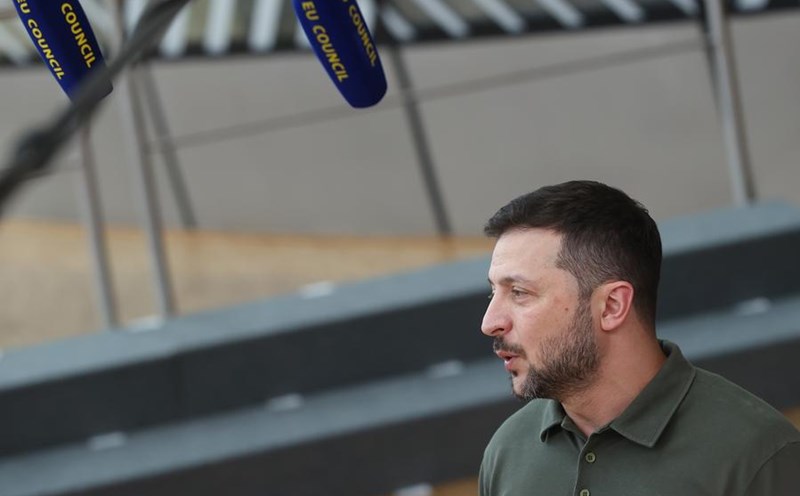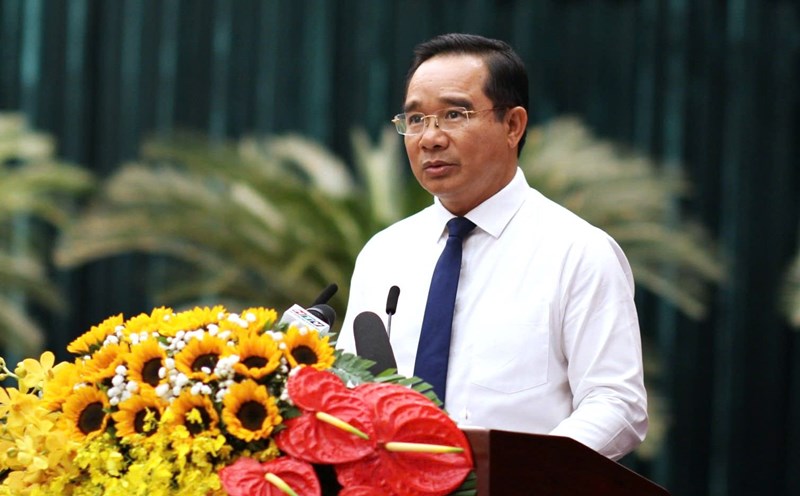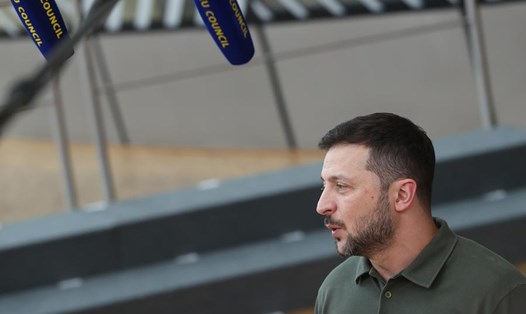Politico reported that on February 15, NATO Secretary General Mark Rutte said that all NATO members will have to increase investment in defense beyond the 3% GDP threshold in the context of the 2% threshold being considered too low to deal with potential external threats.
The budget target is expected to be agreed upon at the NATO summit held in June in Den Haag (Netherlands). In the next few months, we will reach a consensus, Rutte said.
The NATO leader stressed that the military sector must be a top priority if it is to achieve budget goals. This could leave many Western governments faced with difficult decisions between defense spending and social welfare programs.
According to Mr. Rutte, NATO's military strength is not guaranteed as the bloc faces a shortage of many types of military equipment, including air defense systems, long-range missiles and tanks. Politico said that a series of targets are being considered by members to determine where the budget will be allocated.
Mr. Rutte once again expressed his agreement with US President Donald Trump's previous request that NATO members commit to spending 5% of GDP on defense. "The US is reasonable to demand a rebalancement," Mr. Rutte said. That is completely reasonable.

The NATO secretary general said that the bloc's military investment has been neglected for the past 40 years, especially since the fall of the Berlin Wall. According to Mr. Rutte, although all members have agreed with the US, in fact, only about 2% of them have reached about 2% of GDP in defense spending after commitments since 2014.
In response to US Secretary of Defense Pete Hegseth's statements about the US's ability to "forever be present" in the West, Mr. Rutte affirmed that Washington will still fulfill its commitments to NATO.
According to Article 5 of the treaty, Washington will maintain a military presence in Europe, providing financial and arms assistance to strengthen the alliance's defense capabilities. The US also plays a big role in pushing member countries to increase their defense budgets, while closely coordinating in foreign and security policies.
Mr. Rutte noted that the US accounts for more than 50% of NATO's GDP, so the alliance will remain an organization led by the US.











